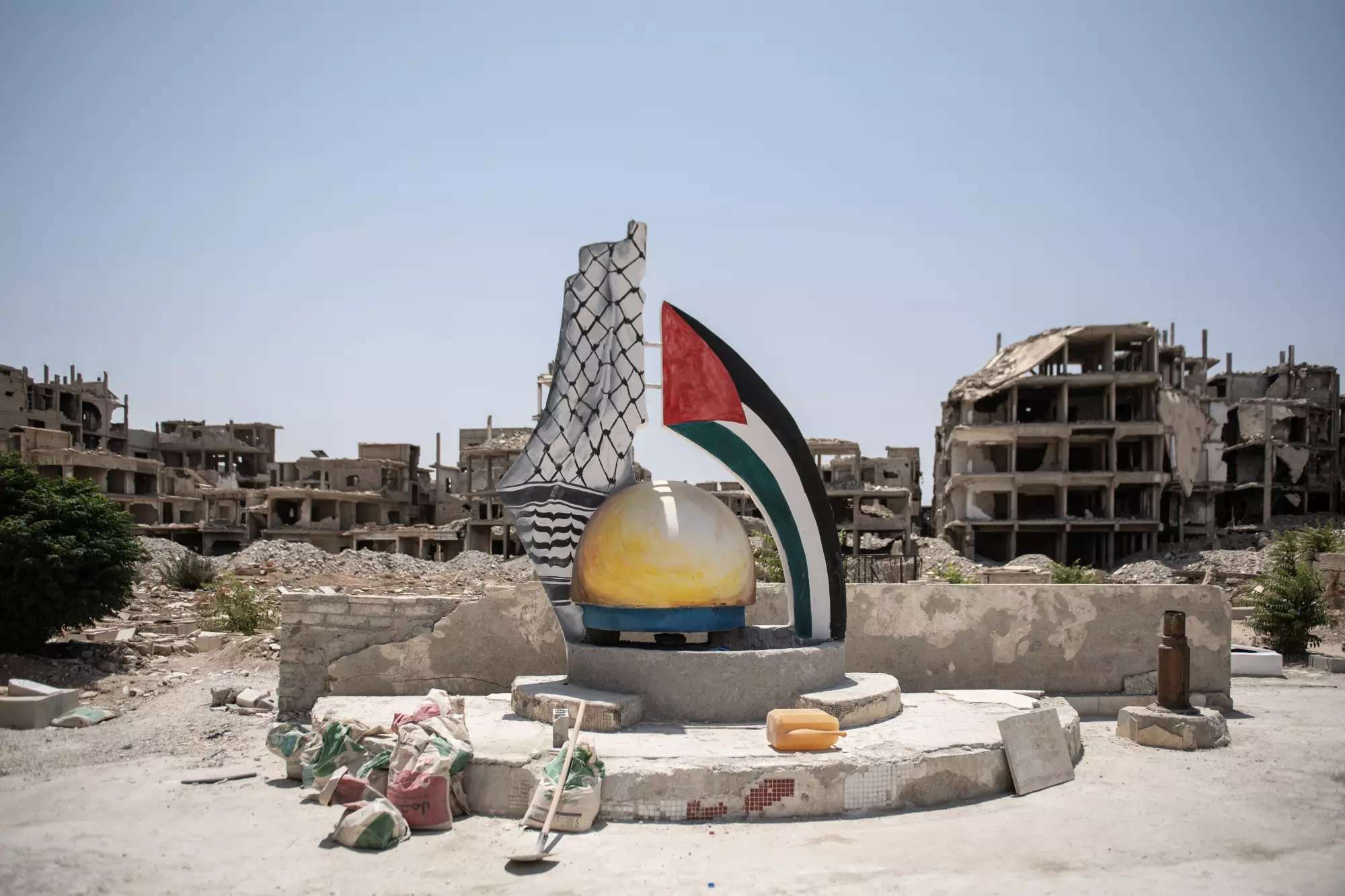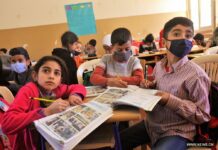
The Syrian government has taken initial steps to reform the General Authority for Palestinian Arab Refugees, a body long criticized for neglecting the needs of refugees in the country. On August 16, the Authority’s newly appointed board of directors met in Damascus for its first founding session, following an August 10 decision by the Ministry of Social Affairs and Labor to restructure the agency.
Board Chairman Dr. Ahmad Kayed Abdulhamid said the reforms represent “a foundational stage” for setting strategic priorities. Members discussed organizational changes, the creation of specialized committees, and the urgent living conditions of Palestinian refugees in Syria.
The Authority, established in 1949, is tasked with registering refugees, coordinating aid, and overseeing camp services in partnership with the UN Relief and Works Agency for Palestine Refugees, or UNRWA. However, critics say the institution under decades of Assad rule failed to engage directly with refugees, operating behind closed doors and prioritizing security restrictions over service.
Legacy of Neglect Under Assad Rule
Palestinian refugees in Syria have endured decades of marginalization under both Hafez and Bashar Assad. Many residents describe the Authority as absent, unresponsive, and disconnected from the realities of camp life. Refugees say communication with officials was often limited to short statements or indirect channels, leaving space for rumors and distrust.
This disconnect became most evident during what many Palestinians call a “Second Nakba.” After 2011, conflict destroyed several camps, displaced tens of thousands, and left families fragmented across Syria and beyond. According to UNRWA, 655,729 Palestinian refugees lived in Syria before the war. Today, more than 150,000 have fled, with large communities in Lebanon, Jordan, Turkey, Egypt, and Europe.
In this period of loss, families looked to the Authority for advocacy and assistance. Instead, critics say it became a security body focused on maintaining “calm” on paper while avoiding meaningful engagement. Reports of corruption and inefficiency further eroded trust.
Calls for Openness and Accountability
The new government says it intends to break with this past. Officials argue that rebuilding trust requires direct engagement in camps, not formal visits or distant press releases. Refugees and observers have urged the Authority to establish permanent field teams, improve communication, and prioritize urgent needs such as housing, education, and healthcare.
Analysts caution that the reforms will be judged not by organizational charts but by whether refugees see real change in their daily lives. “True reform begins with breaking the security mentality as a mode of management,” one observer noted, calling for active communication and transparency.
A Test of Commitment Ahead
The new board pledged to work collectively to strengthen the Authority’s role, respond to refugee concerns, and pursue practical solutions. Whether these promises lead to lasting change remains to be seen.
For many Palestinians in Syria, the Authority’s revival will be measured in the alleys of the camps, not in meeting halls. A cause that has endured for more than seven decades, they say, requires institutions that live among the people they serve—not behind closed doors.








